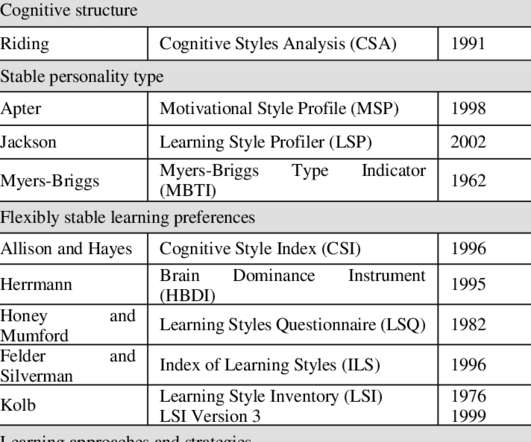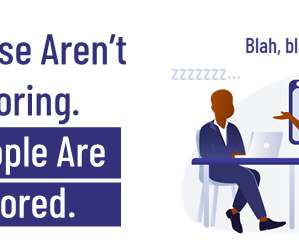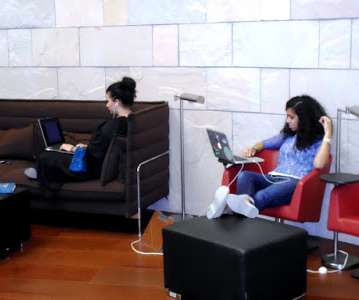Best Practices and Strategies to Implement Experiential Learning Design
Hurix Digital
FEBRUARY 20, 2024
Traditional learning models are often biased toward strong memory retention and fall short of the holistic nature of learning beyond exam success. Experiential learning, a robust learning theory, emerges as a compelling alternative to traditional models. Table of Contents: What is Experiential Learning?














































Let's personalize your content